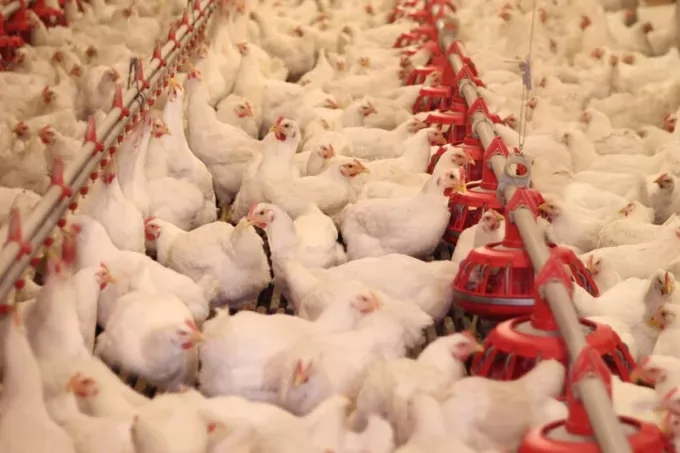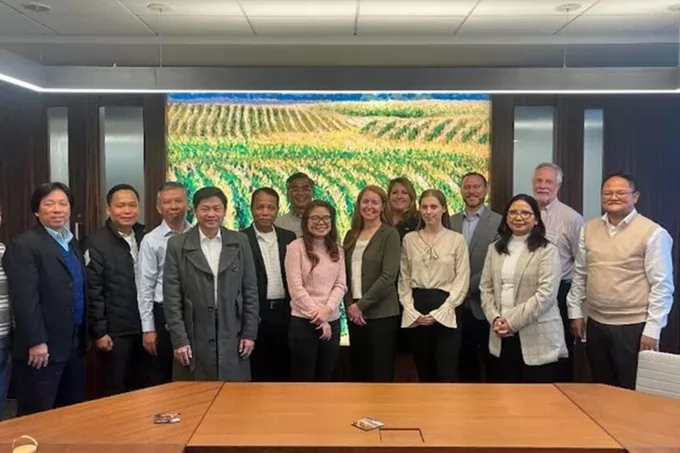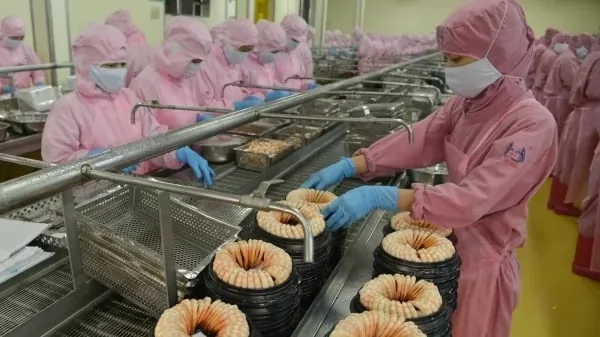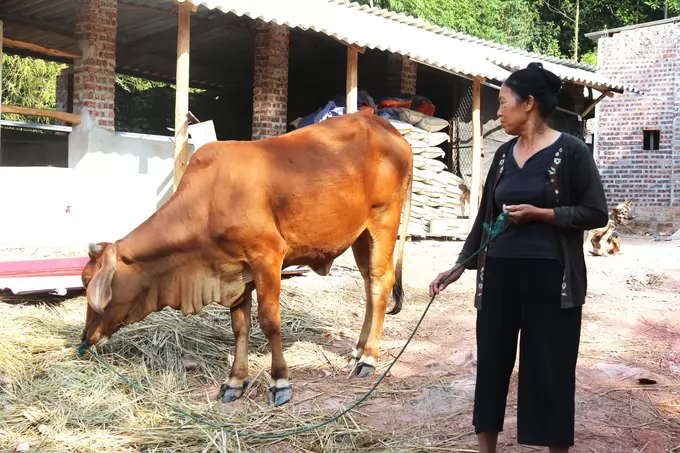Poultry industry expansion in Poland sparks environmental woes

Poland's largest poultry farm is Wróblewo, which can accommodate 2.5 million broilers. Photo: Canva
(VAN) A group of Polish environmental organisations have rallied against the rapid expansion of the industrial poultry industry segment, calling on the authorities to curb further growth.
Prime minister Donald Tusk is reportedly reluctant to meet the demands.
There are almost 1,300 industrial poultry farms operating in Poland, and 2 more farms are estimated to be built every month on average, according to the Stop Industrial Farms Coalition, an alliance of several ecological organisations. In 2023-2024, 32 new industrial farms were put into operation, while dozens are under currently construction, and 23 are up for a construction permit, the environmentalists said.
“The process [of poultry industry expansion] is gaining momentum. It has never been so bad before,” warned Bartosz Zając, a spokesman for the Stop Industrial Farms Coalition. “Mayors and commune heads are bombarded with applications for permits to build new hen houses.”
Citizens’ concerns
It is reported that residents of settlements located close to the industrial poultry farms repeatedly complain about stench, pollution and health hazards.
During the recent election campaign, Polish politicians of the prime minister Tusk’s political party promised to sort out the problem and introduce restrictions against poultry clusters – a format where several big poultry farms sit next to each other, sharing common infrastructure.
“The politicians forming the government today travelled around Poland just before the elections and promised to solve the problem of the farm clusters. Now they have power, but they are not keeping their promises,” explained Bartosz Zając, a spokesman for the Stop Industrial Farms Coalition.
A hen house of Europe
“Poland is becoming the hen house of Europe,” local online news outlet, Next Gazeta, reported, citing growing concerns of environmentalists and residents in several regions over ongoing poultry industry expansion.
The issue is considered particularly tense in Mazovia, especially in the Żuromin – Mława – Ciechanów triangle, one of the country’s largest broiler meat production centres. The largest farm, Wróblewo, can accommodate 2.5 million broilers, which makes 17 million birds per year. Local residents have a long story of urging the local authorities to cap the industry’s development, though farms are the key source of employment in this part of the country.
The ecologists admit that protests, however, rarely secure any meaningful result. “Even if residents react quickly [to news about poultry farm construction], there is no guarantee they will have any effect. The law in Poland is on the side of powerful corporations,” Zając said.
A change in the rules
However, most municipalities are due to adopt a development plan by the end of 2025, which the environmentalists explain should make it more challenging for poultry companies to get new construction permits.
“Breeders know this very well, so they try to get as much as they can. Things accelerated about half a year ago, and since then, we have received various reports regarding virtually all types of farms,” Zając added.
H.D
(Poultryworld)
Maybe you are interested

Pork industries in Canada and US look to export markets
Producer economic losses are heavy in the US swine industry, and throughout 2023, there were substantial farm and slaughter plant closures in both the US and Canada.

Seafood exports to Japan encounter difficulties with the Doxycycline antibiotic indicator
The allowable maximum residue threshold that Japan stipulates for the Doxycycline antibiotic in imported seafood is causing difficulties for seafood exports to this market.

Preparing livestock for the cold while it is still warm
While the weather is still warm, cattle farmers have already renovated their barns and prepared tarpaulins to keep their cattle strong during the winter.





